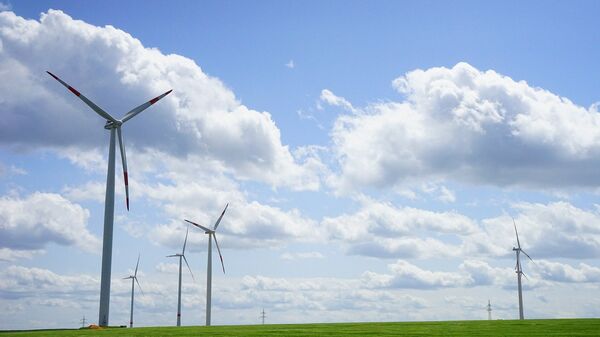In October 2017, wind, solar and hydro generated 25 percent of Britain's electricity for an entire month, as noted by Theconversation.com. Since that time, more large wind farms have come online.
Between 2016-2017, Britain's wind-generated electrical power output increased by 14 terawatt hours, enough electricity to power a staggering 4.5 million homes.
Offshore wind power is not only growing quickly; it is getting considerably cheaper. When British government auctions for low-carbon electricity generation were awarded last year, the two winning bids from offshore developers were $78 per megawatt hour, cheaper than the Hinkley Point C nuclear power station in Somerset, England, which contracts an equivalent amount of power at $125 per megawatt hour.
In addition, demand for electricity in Britain has been declining for the last 12 years, which means the country used about the same amount of electricity in 2017 as it did in 1987, although its population is now much larger.
Electricity demand is set to increase, however, as electric vehicles and heat pumps become more commonplace and electricity takes the place of liquid fuels and natural gas for transport and heating needs, respectively.
Britain has been more successful in generating clean electricity than many developed countries, including Germany, India, China and the US, which still significantly rely on burning coal to generate electricity. In 2017, Britain's electricity was "coal free" for 613 hours, according to Theconversation.com.
UK coal-fired electricity generation nonetheless remains important during periods of peak demand as, in 2017, coal-burning provided a sixth of Britain's electricity during the top 10-percent hours of highest electrical demand.
In 2018, it is expected that wind, solar and hydro production will remain constant or increase.





